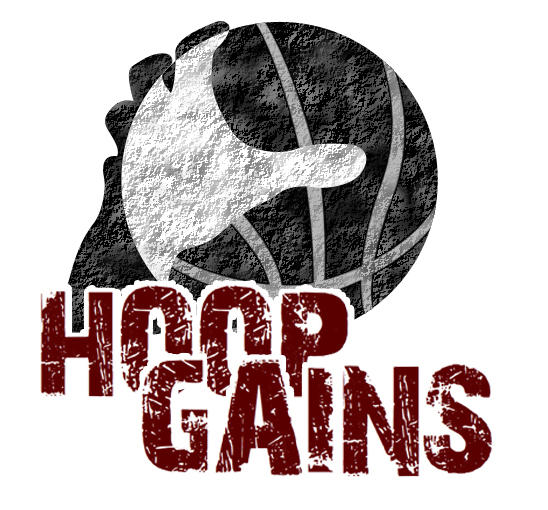The Art and Science of the Perfect Pregame Meal
/Don't be fooled by the picture - burgers and fries are not the ideal pregame meal. They just happen to look really delicious.
Imagine yourself wolfing down a few hefty steaks, a platter of eggs and some “meat juice” before a game? How would you feel? At best I’d feel like I was running in mud. At worst, I’d throw up on the court. Well, before the 1936 Berlin olympics, competitors reportedly prepped for competition by downing huge meals like the one described above.
Needless to say, proper pregame nutrition has come a long way. But what does nutritional science recommend now? There are floods of pseudo-scientific articles purporting the magical powers of certain foods and supplements. It can be easy to get caught up in these tabloid-worthy fads or just ignore the seemingly complicated nutritional advice altogether.
This post will give you the basic information you need to know about pregame meals and help you customize it to your own body so perform at your best.
What's the Goal?
Your pregame meal can be described in terms of both quality and quantity. The quality and types of foods you eat is more of a science. Whereas the amount of food you should eat--in relation to how early you eat--is more of an art. In essence, your goal should be to optimize both the quality and quantity dimensions of your pregame meal. That way you’ll have enough of the right types of fuel to perform but won’t be weighed down.
The Science
For fast, high intensity sports like basketball, complex carbohydrates are going to be your bread and butter (well, not the butter but definitely the bread). They should make up about 70% of your meal. Good complex carbohydrates include oatmeal, wheat bread, pasta, rice and potatoes.
Complex carbs are great for a pregame meal for a number of reasons. First, they are the most efficient source of energy for your body. They fill up your glycogen stores, which provide you with sustained energy. Second, they digest faster than protein and fat, which makes them ideal for pregame meals. For more information on the science behind carbs (and why complex carbs are better than simple carbs) try visiting this website.
Next comes your protein. Lean meats are your best bet here. Good lean meats to use in your meal are turkey, chicken breast, or fish. The protein component should make up 20% of your meal.
The remaining 10% of your pregame meal should consist of fats. Essentially the goal here is to minimize fats as much as possible before the games.
So what does a good pregame meal look like? My go-to pregame meal consists of a turkey sandwich (with no cheese/mayonnaise) on wheat bread with some veggies thrown in alongside a bowl of oatmeal. It’s a classic pregame meal that always works for me.
Another option is pasta with a low fat marinara sauce and chicken breast alongside a tossed salad with lowfat dressing.
The Art
This is where you have to figure out what works best for you. Some people play better when they eat a full meal 1.5 hours before the game. Others are the opposite. I have a teammate who can’t eat anything substantial less than 4 or 5 hours before tipoff because he gets side aches. However, your sweet spot is likely to be within the 2-4 hour range before the game.
As far as the amount of food you should eat, it usually lies in the 500-1,000 calorie range. Obviously, how much you should eat also depends on how early you eat. If you are going to eat a larger meal, it’s likely that you are going to need more time to digest. The opposite is true for small meals.
Finding out exactly what works for you requires some experimenting but it’s worth the effort.


